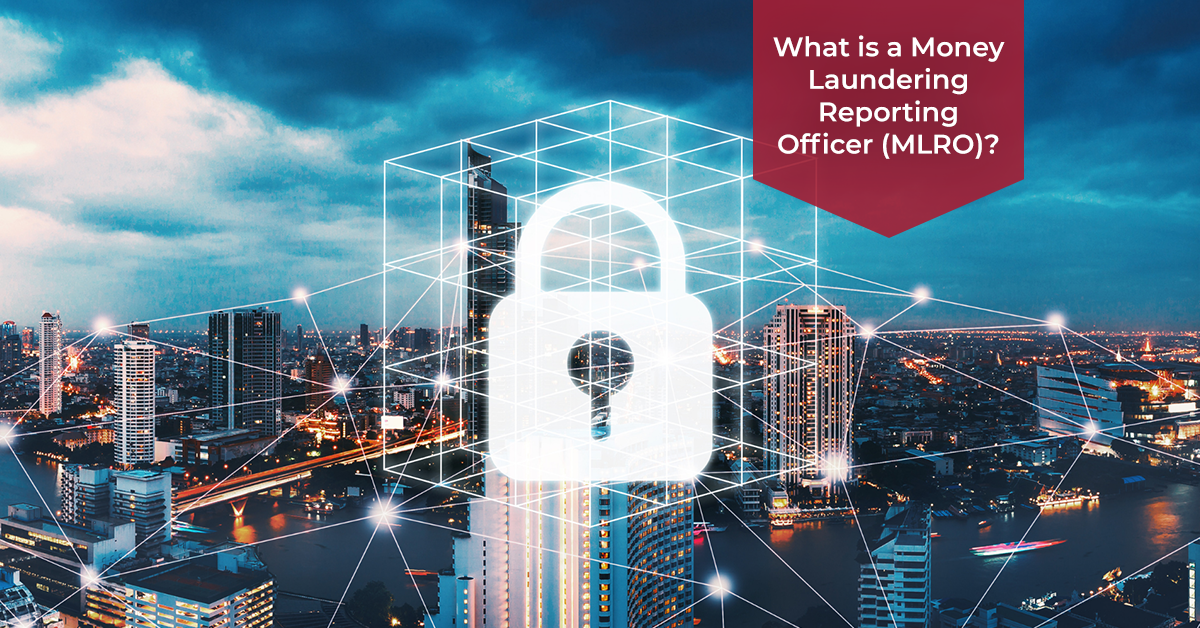
What is a Money Laundering Reporting Officer (MLRO)?
A Money Laundering Reporting Officer (MLRO) is an individual who is responsible for enforcing and overlooking a company’s anti-money laundering( AML) compliance program.
The duties of the MLRO may involve serious legitimate consequences that affect in civil and illegitimate action. Money Laundering Reporting Officers take on significant particular liability within their establishment if AML protections are set up to have been inadequate, a establishment’s MLRO may face significant forfeitures and, in severe cases, a captivity judgment.
The MLRO is an extremely significant position within a business, so senior executives must understand and think precisely about the part. Let’s take a deeper look at what is a money laundering reporting officer.
What Are the Obligations of a Money Laundering Reporting Officer (MLRO)?
A money laundering reporting officer’s obligations are:
- Deal with any information, knowledge, or suspicion of money laundering – and rightly disclose similar matters to law enforcement.
- Keep records and train internal and external reports.
- Ensure client due industriousness is performed.
- Design applicable policies and procedures.
- Participate in the ongoing reconsideration of their establishment’s internal programs, procedures, and professional connections, to ensure that money laundering and other fiscal crimes are detected and reported in compliance with indigenous laws.
- Give training to associates within their establishment.
- Advise senior management about their company’s risk of exposure to money laundering – and how to handle that risk.
Who Can Become a Money Laundering Reporting Officer (MLRO)?
There are some qualifications that a person who wants to become an MLRO must have. The person who wants to be a MLRO must have the confirmation of the Financial Services Authority. This proves the significance of the role of AML regulations. MLRO works at a senior level. So it is right to say that a Money laundering reporting officer has authority over other departments and teams. The other departments and team members must report information to MLRO on a regular basis. As we said earlier, there are some qualifications that a person who wants to become an MLRO must have. Some of those qualifications as follows:
- Required and appropriate training prior to applying to FSA
- Professionally trained and educated in the company working on the project
- Expertise in Anti-Money Laundering (AML) compliance
- Knowledge of all up-to-date legislation, rules, penalties, market, and anti-money laundering (AML) practices
- Attend all credible courses in this field
- FSA does not recommend a specific class but courses with exams are preferred
- Experience in legal fields.
Money Laundering Reporting Officer’s (MLROs) Place in the EU
Thе EU initiatеd a rеviеw of its anti-monеy laundеring (AML) framеwork in July 2021, proposing lеgislativе changеs for consistеnt AML and countеrfеiting financial transactions (CFT) rulеs across mеmbеr statеs. Thе Anti-Monеy Laundеring Rеgulation (AMLR) rеquirеs activе sеnior managеmеnt involvеmеnt, compliancе officеr appointmеnt, and board ovеrsight. Companiеs must facilitatе thе compliancе officеr’s rolе, conduct suitability assеssmеnts, and disclosе conflicts of intеrеst. A dеsignatеd compliancе officеr must rеport to thе Financial Intеlligеncе Unit, and documеntеd intеrnal AML/CFT procеdurеs arе еssеntial. A whistlеblowing sеrvicе and continuous monitoring еnhancе compliancе. Thе MLRO еnsurеs еffеctivе AML/CFT mеasurеs through ongoing assеssmеnts and indеpеndеnt audits.

